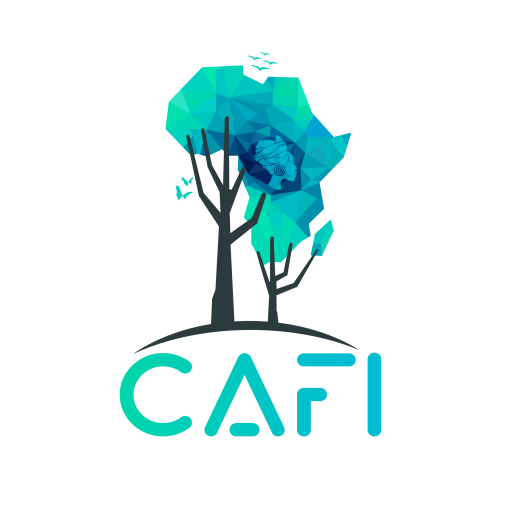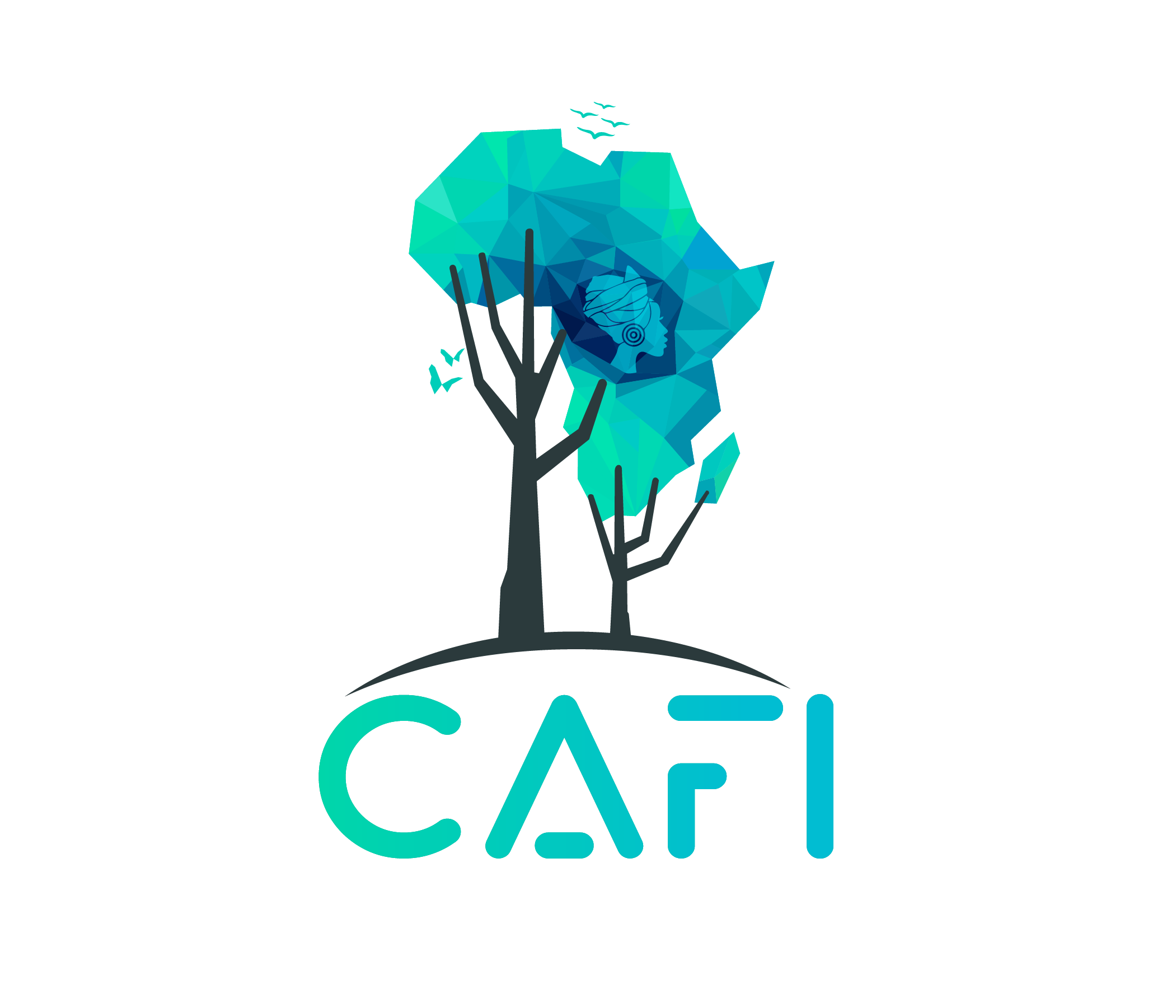Designed for rapid and flexible support, the Regional Technical Assistance Facility provides technical and logistical support to the six CAFI partner countries to help them achieve their commitments under their Letters of Intent (LOI) with CAFI. The project aims to strengthen government and stakeholder capacities, support milestone implementation, promote regional collaboration, and generate critical scientific data and studies to guide sustainable forest management and climate investments in the Congo Basin.
Providing Swift Technical Assistance to Governments
Timeline
Objectives
The project aims to support governments in implementing and monitoring their milestones of their Letters of Intent with CAFI, while preparing for further engagement with CAFI. It will build the technical, operational, and financial capacities of national and regional entities to ensure durable project execution and long-term investment sustainability.
Through critical research and feasibility studies, the project informs future CAFI programming and foster private sector engagement. It also seeks to strengthen coordination mechanisms and governance structures, promote lesson sharing at multiple levels, and establish a Scientific Network to harmonise data on deforestation, biodiversity, and land-use dynamics in support of forest-friendly investments.
millions dollars approved
millions dollars transferred by CAFI
million dollars spent
National institutions supported
Requests ongoing or completed
private-sector feasibility studies completed
Results to date
- Five national institutions—the DRC Ministry of Environment and Sustainable Development (now Ministère de l’Environnement, du Développement Durable et Nouvelle Économie du Climat ), the Republic of Congo's Prime Minister's Office, the Cameroonian Ministry of Economy and Planning, Gabon’s National Climate Council, and the Republic of Congo’s National REDD+ Service—were positively assessed for direct fund access after capacity checks.
- Contracts were concluded with MK Business Analysis to design a regional mobile payment system for Payments for Environmental Services (PES), with XEPTAGON to continue the development and hosting of CAFI’s PES digital management tool and with SCS Global Services for the independent verification of project results, with the first verification initiated in this wood energy plantation in the Republic of Congo
- Six private-sector feasibility studies (Interholco, Arise Independent Power Producer, GoCongo, Mushiete & Co, SOBICO, and Criterion Africa Partners) assessed deforestation-free business models, creating a pipeline of potential investments.
- Three major events—the Inter-ministerial Conference on PES in Kinshasa in January 2025, a climate commitment launch in Brazzaville in May 2025, and transparency outreach by the Extractive Industry Transparency Initiative—strengthened regional dialogue and lessons sharing.
- UNICONGO mobilised nine Congolese private-sector federations around sustainable practices
- Climate Analytics began working with the authorities to draft the Republic of Congo’s updated Nationally Determined Contribution (NDC 3.0)
- Grants to the University of Leeds, the Sustainable Development Solutions Network, and the Agence Universitaire de la Francophonie initiated CAFI’s Scientific Network


